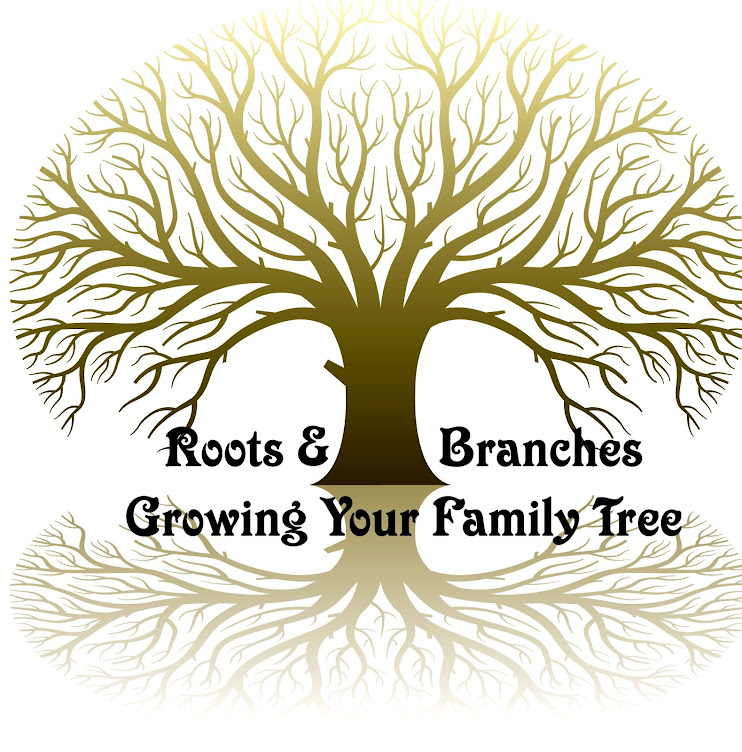How to Request Copies of Microfilm Images, Book Pages, CDs, Marriage, Death or Birth Certificates, Wills and/or Deeds from FamilySearch

"All requests for information copied from films, book pages, CDs, marriage, death or birth certificates, wills and/or deeds, etc. will be copied in digital format and emailed to patrons in a zipped PDF or JPG file format. There is no charge for this service if we are able to email to information to patrons."
You can read more in an article by Merrill White in the FamilySearch Blog at http://goo.gl/moULsS.






